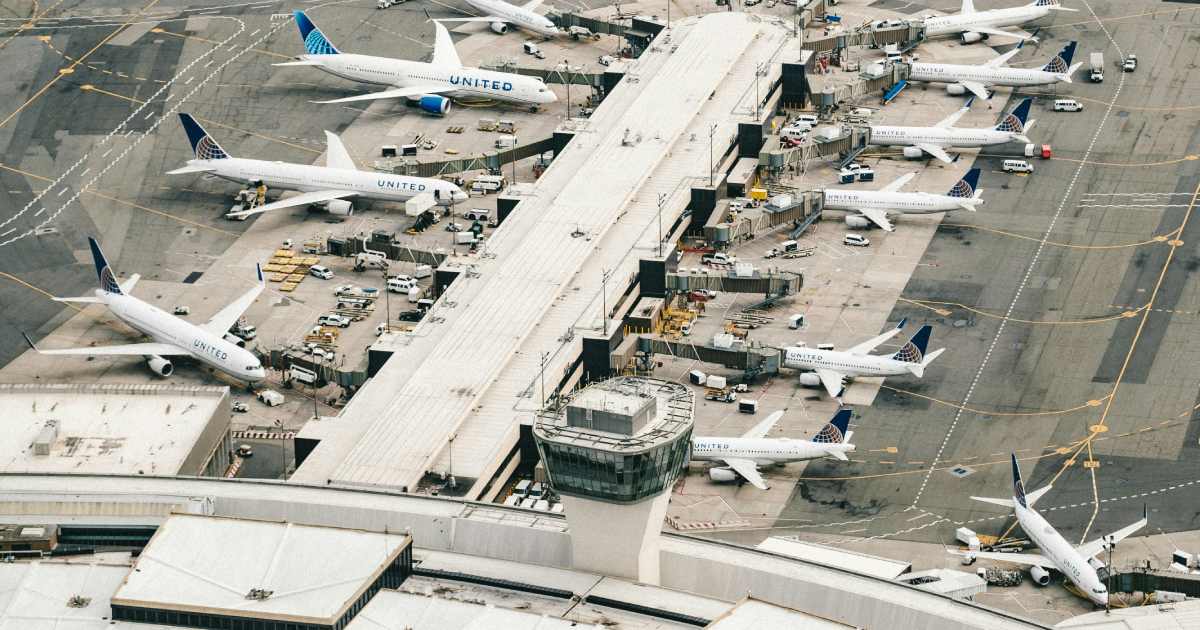shell.com
CORSIA – or the Carbon Offsetting and Reduction Scheme for International Aviation – is a global programme aiming to address emissions from international air travel. It establishes a standardised approach to emissions reductions within the aviation industry, setting out agreed rules, frameworks and standards, and requiring airlines to offset emissions that exceed a set baseline.

Who Needs to Participate?
- Currently, 126 countries have signed up to participate in the scheme. Airlines within these countries are obliged to comply.
- An airline from a participating country flying an extra-EU route between two participating countries will have their emissions along that route covered under the scheme.

How Are Offsetting Requirements Determined?
-
-
- Offsetting is calculated on the basis of airlines’ annual emissions along eligible routes, above a CORSIA-set baseline.
- The airlines’ emissions above this baseline multiplied by the growth factor of the industry emissions above the same baseline represents the total emissions that must be offset for the given year.
- The emissions baseline currently represents 85% of the average 2019 emissions along the eligible routes.
- Baselines may be redefined in 2025 or 2028 as part of periodic reviews that ICAO undertake.
Corsia Timeline
- The scheme consists of three phases; a pilot phase (2021-2023), a voluntary first phase1 (Phase I, 2024-2026) and a mandated second phase (Phase II, 2027-2035).
- Compliance needs to be demonstrated by cancelling CORSIA Eligible Units by 31st January 2028 for Phase I. Phase II will follow with a three-year compliance cycle.
(see below).

1. Country participation is voluntary in this phase but compliance for an airline is mandatory


